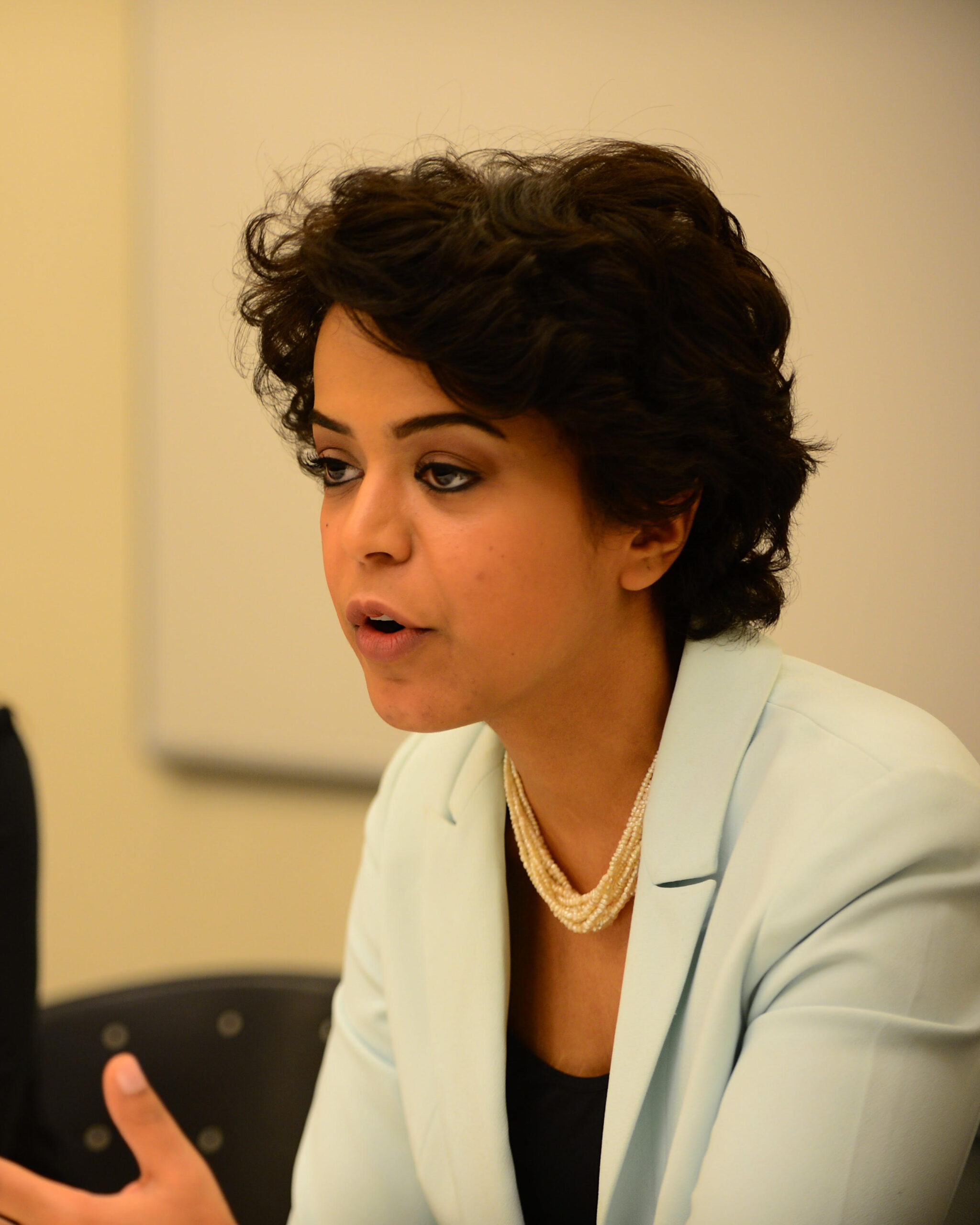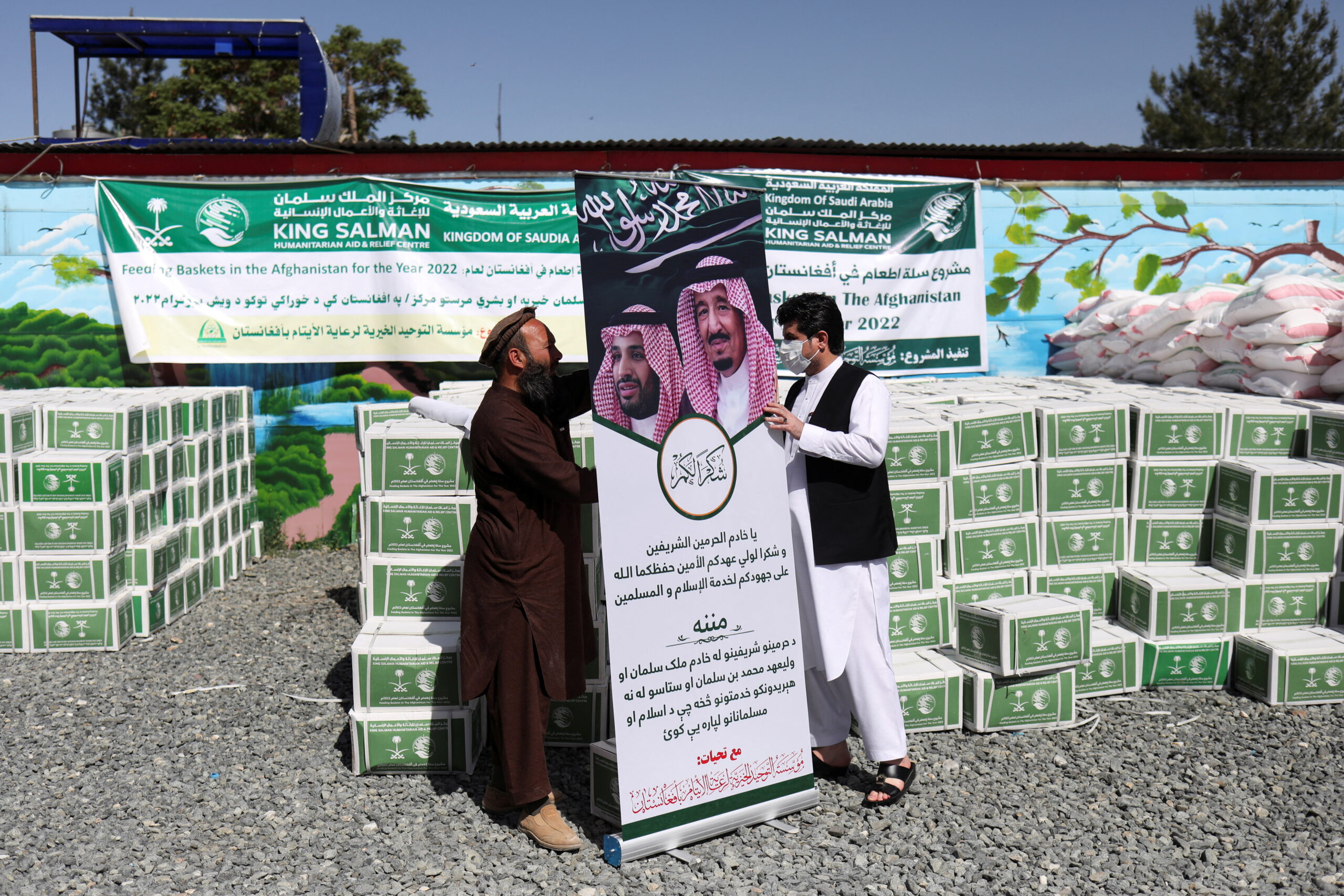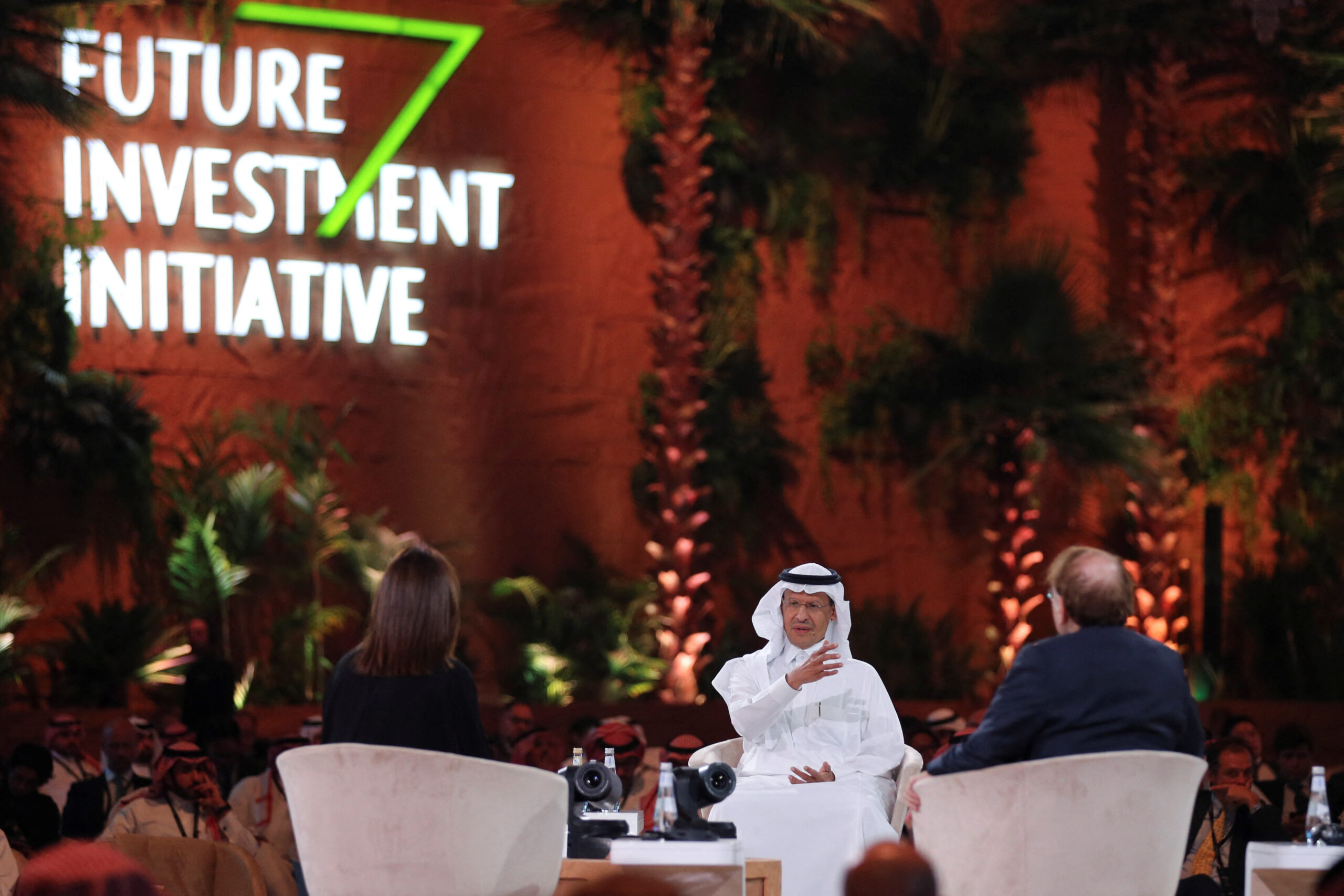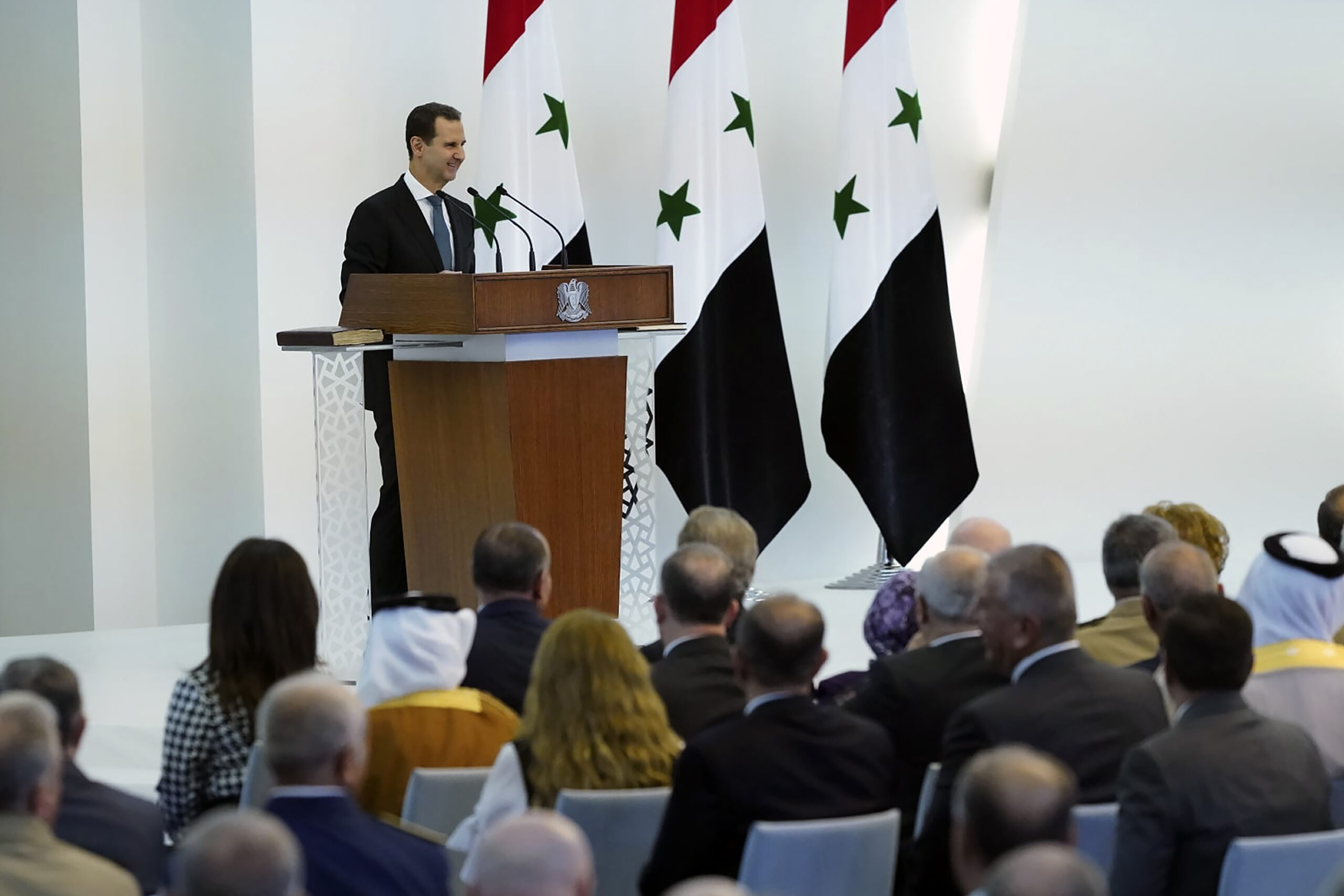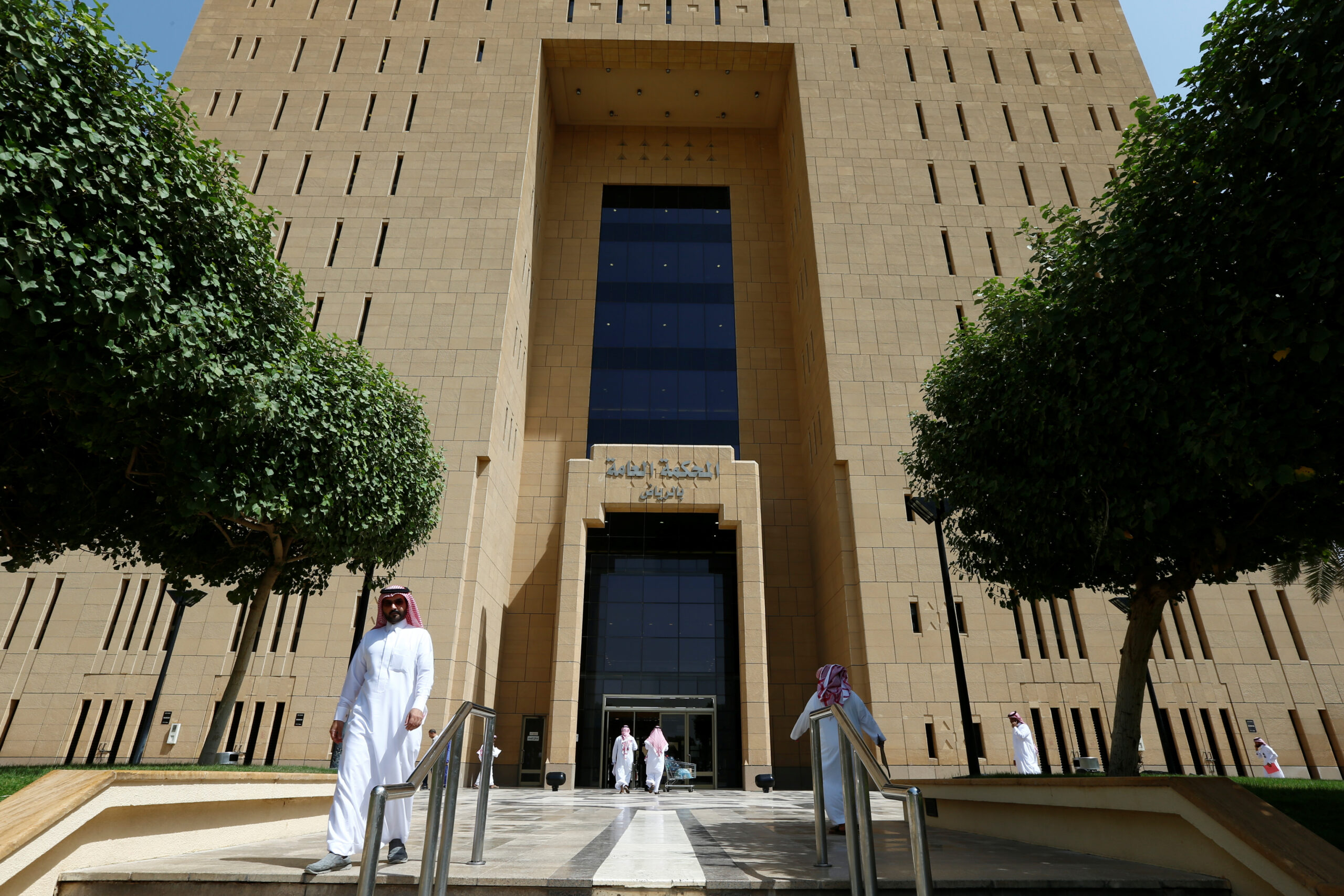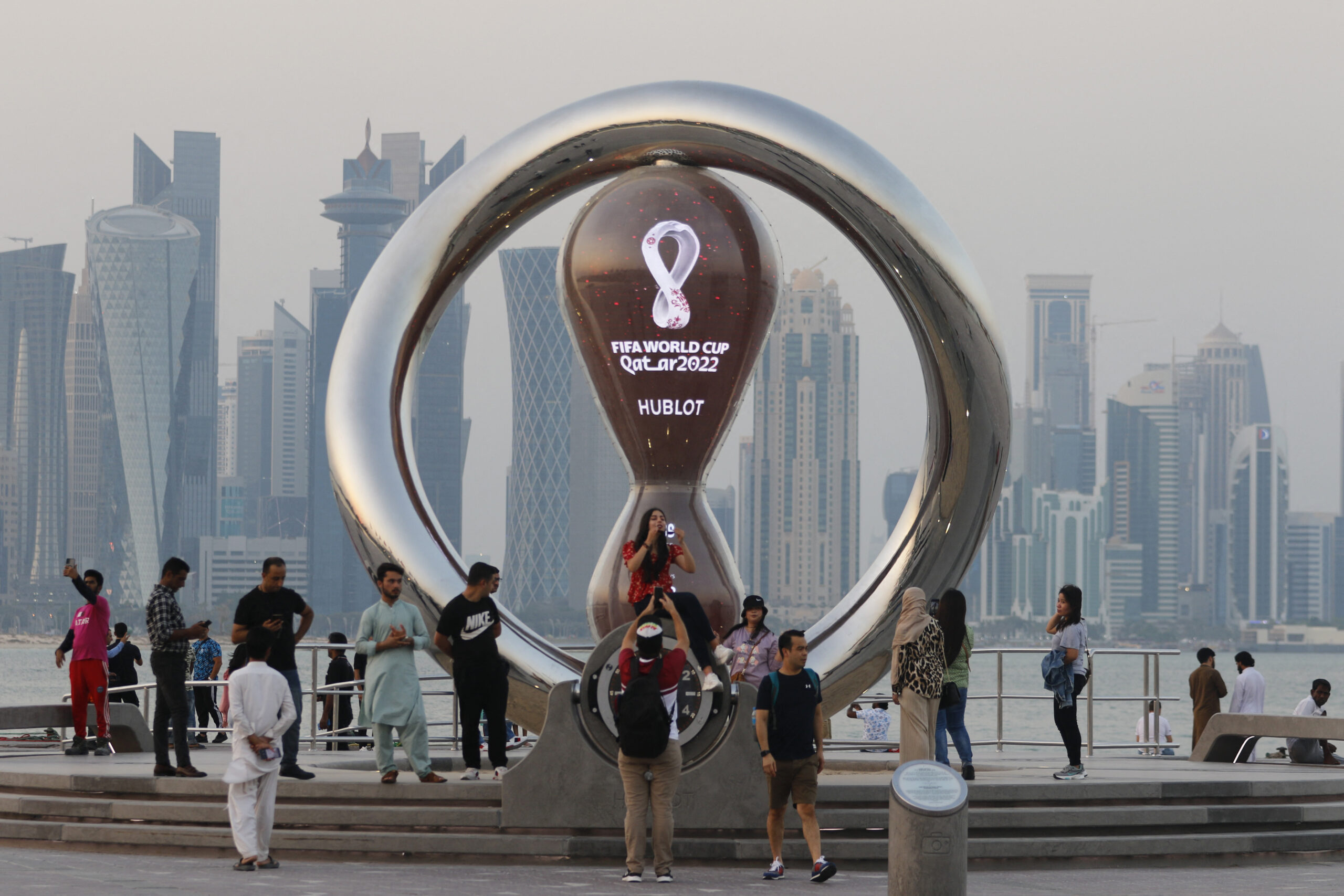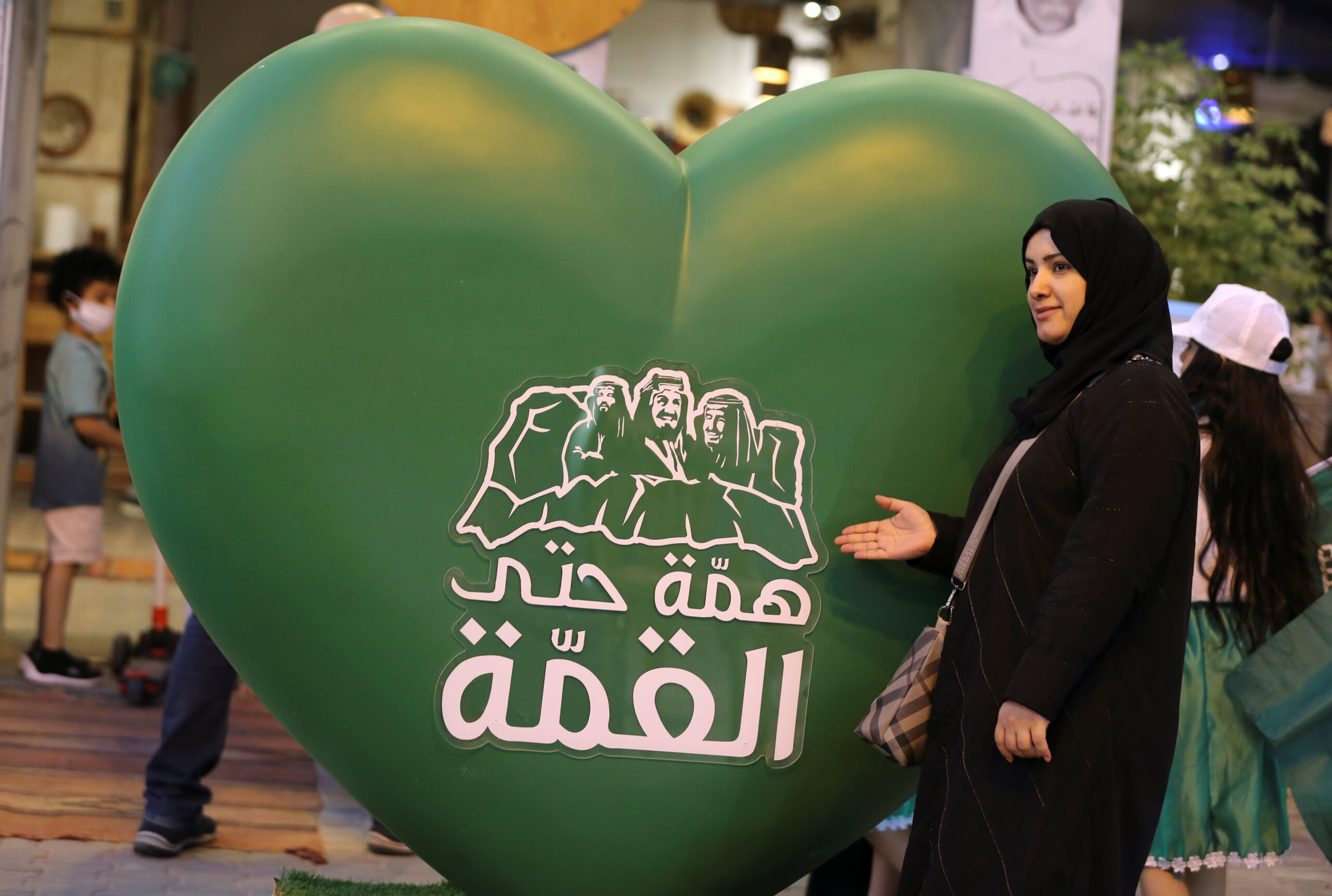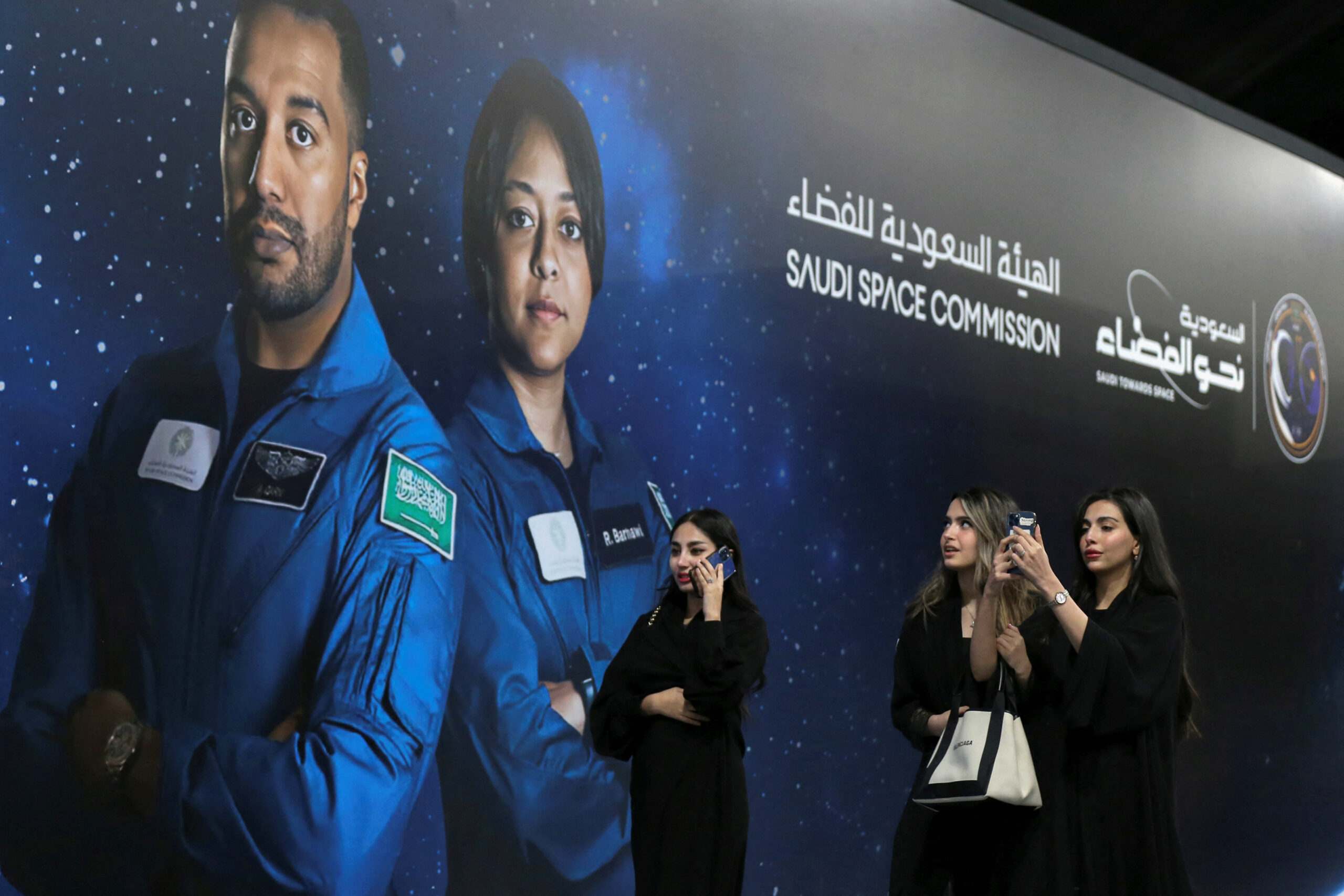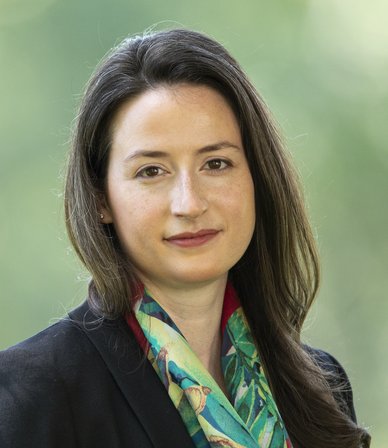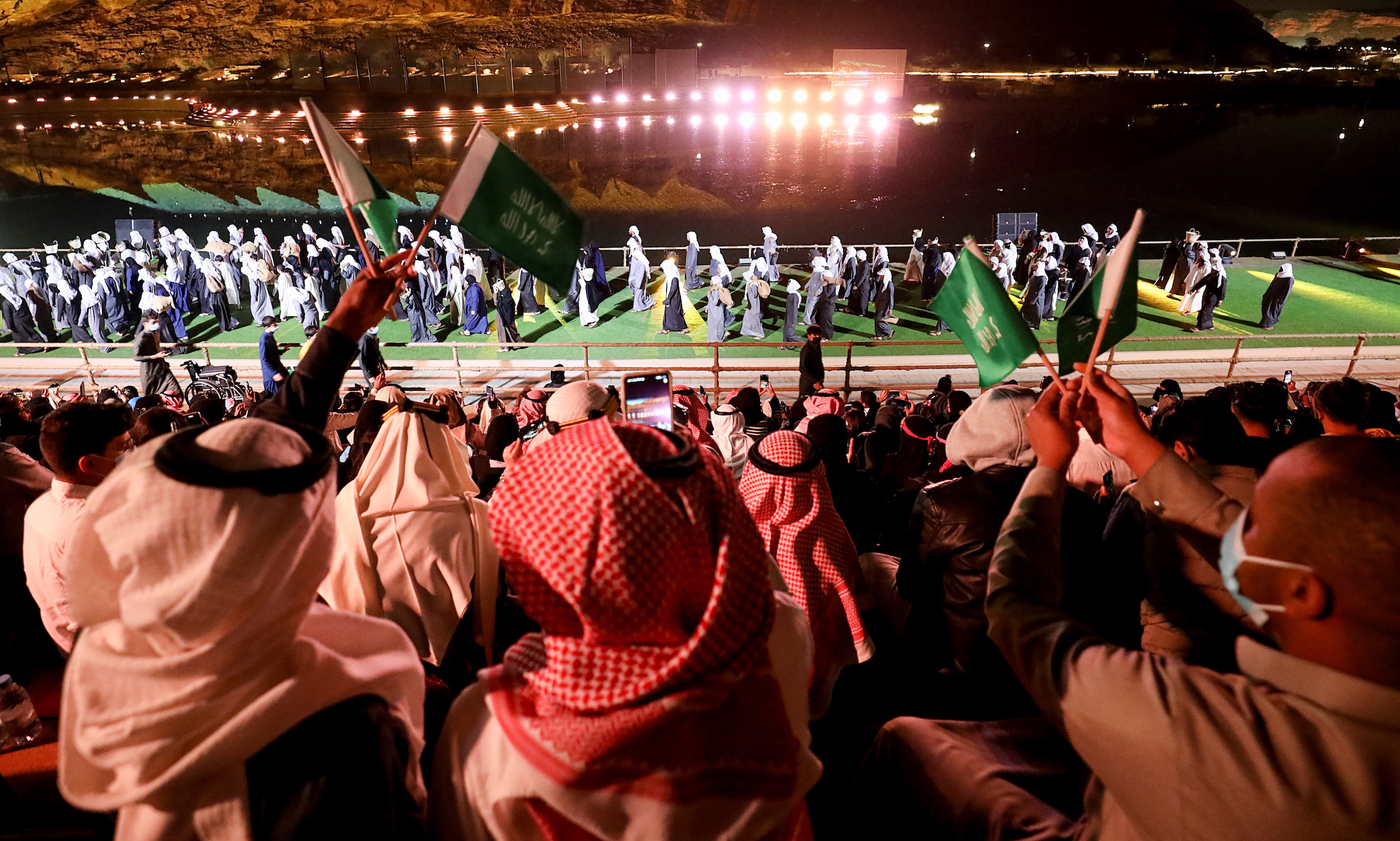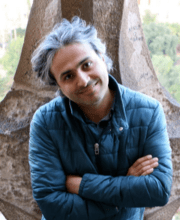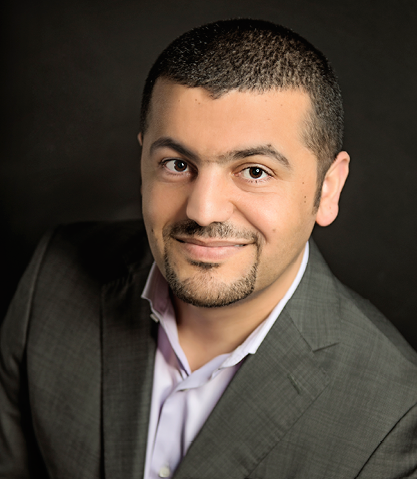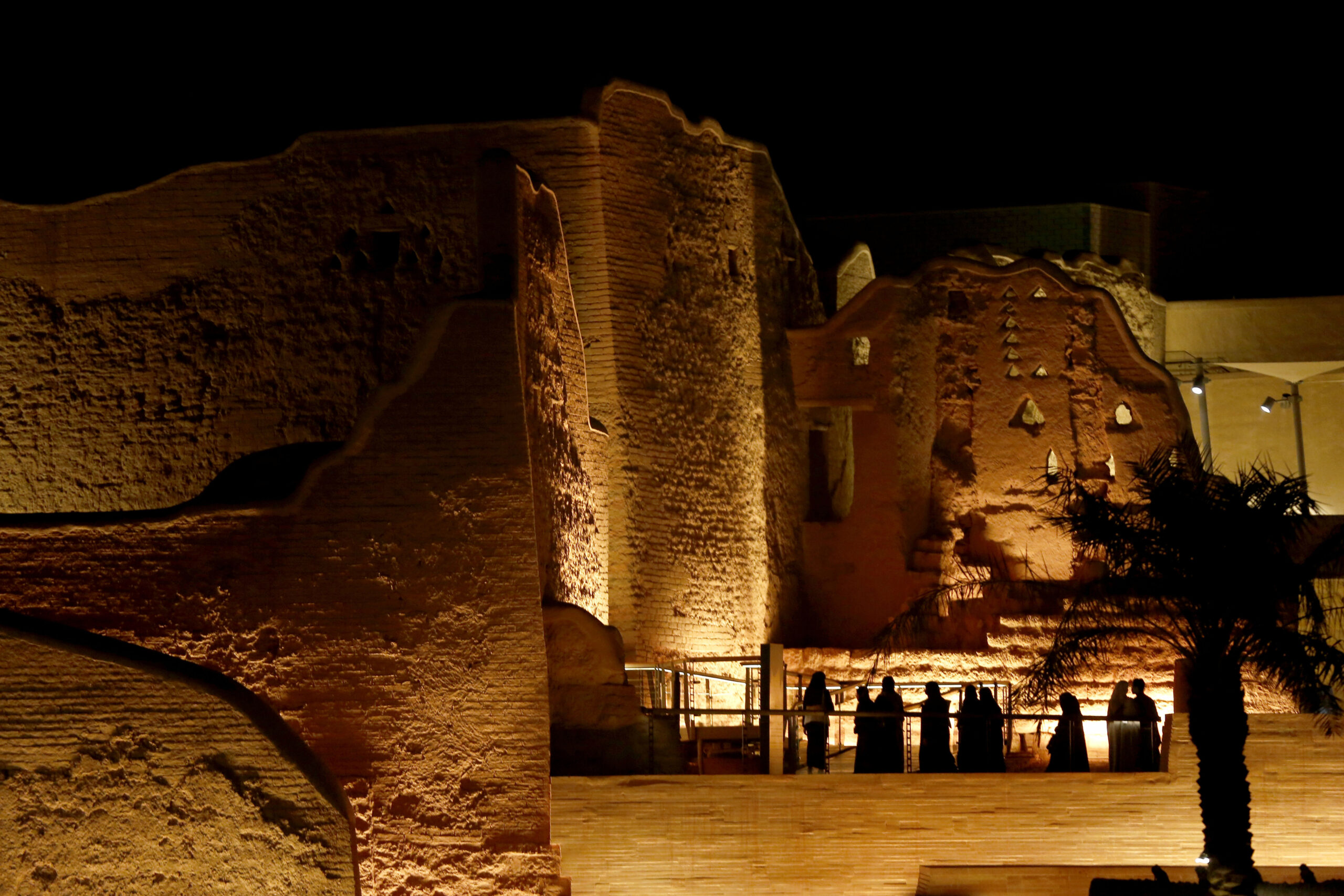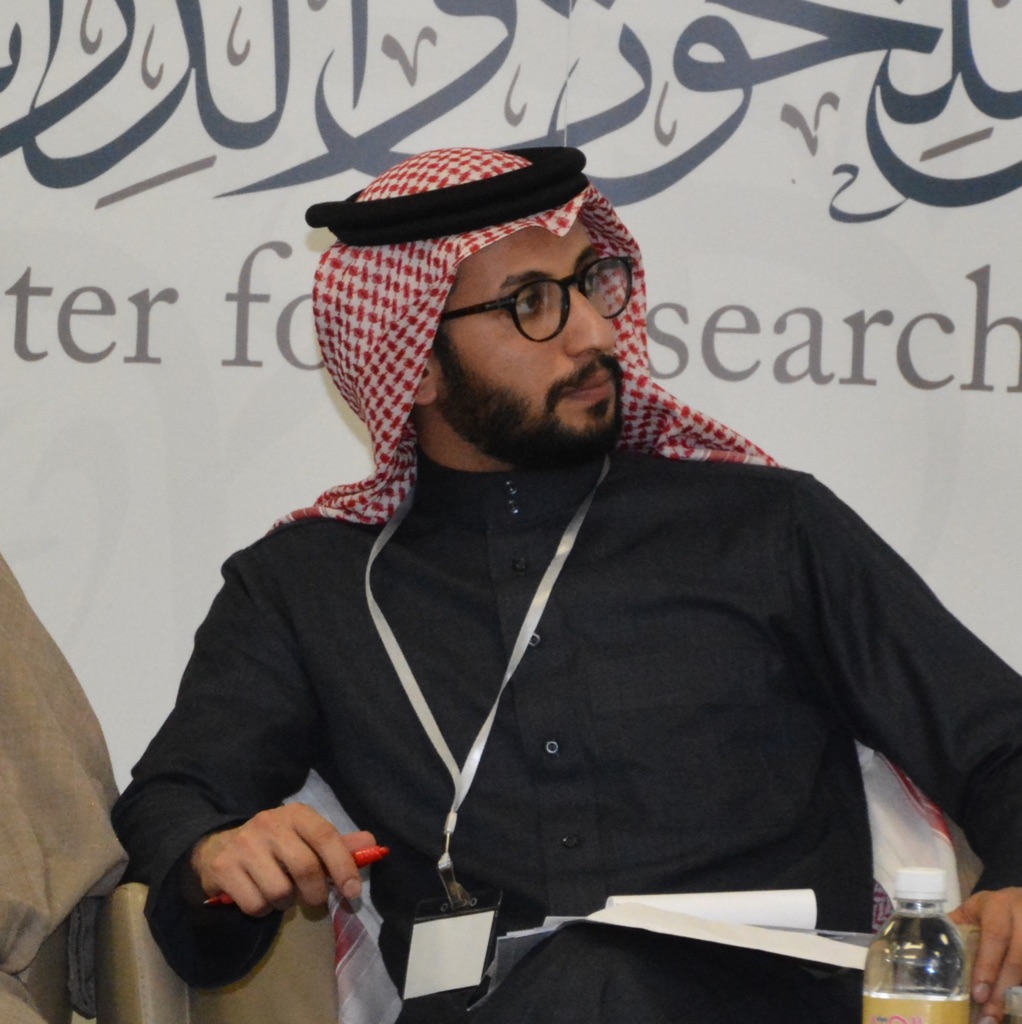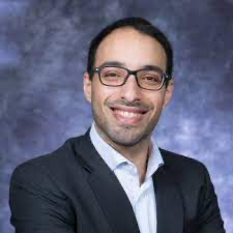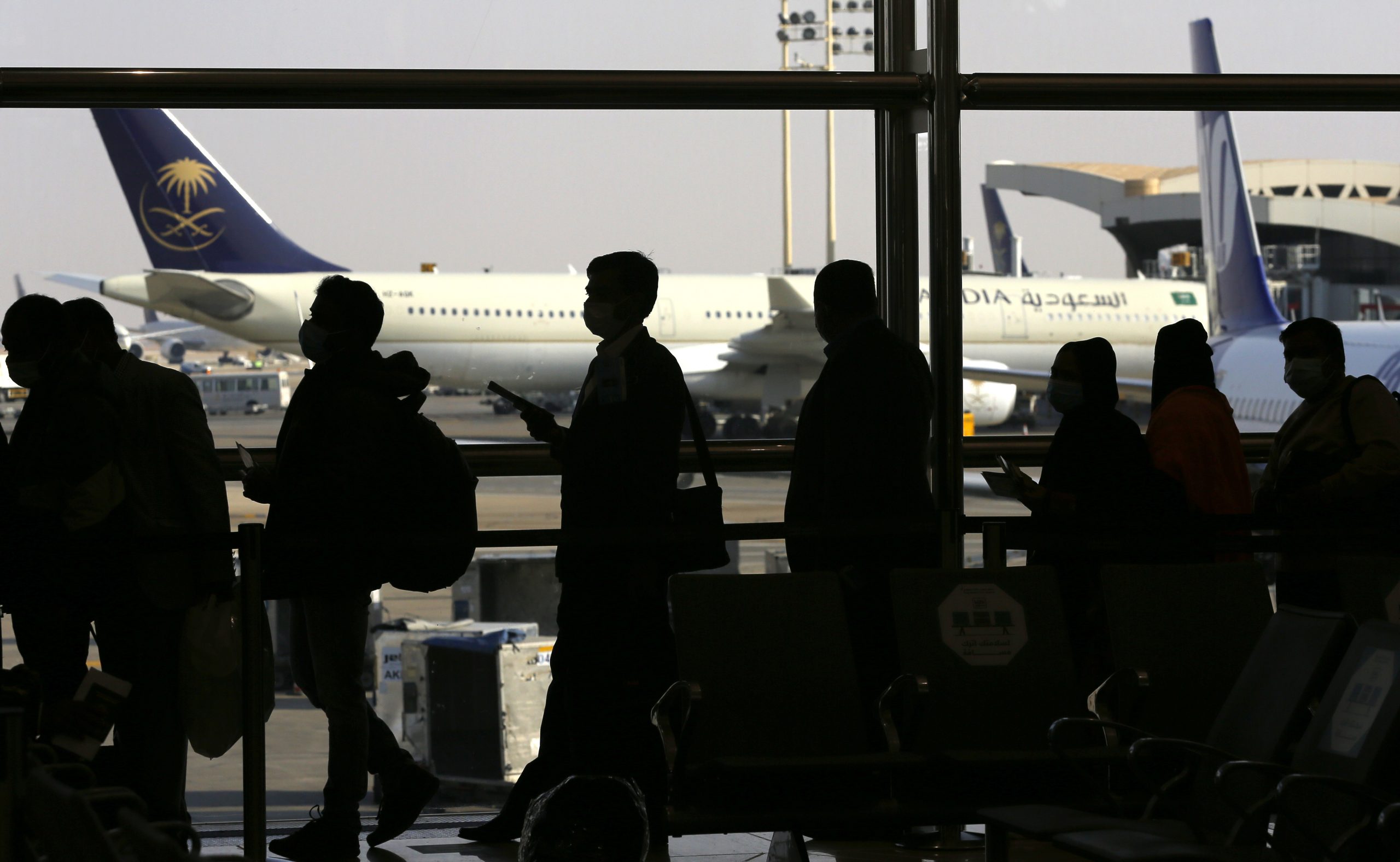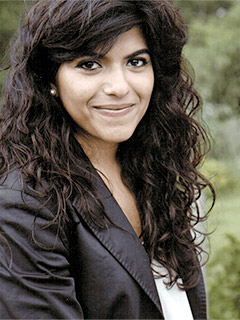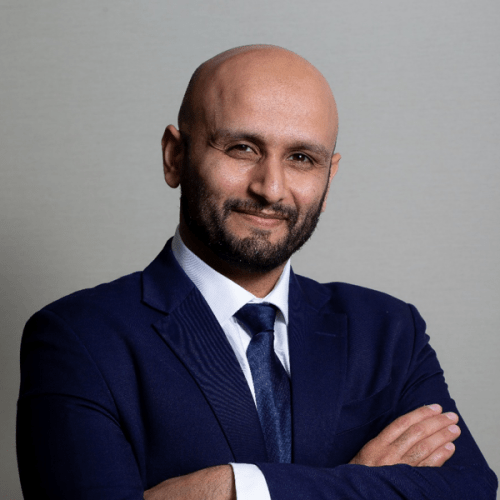Saudi Earthquake Response Emphasizes Aid to All Parts of Syria
Riyadh’s approach to humanitarian assistance and charitable giving, evident in the Syria relief effort, reflects significant organizational changes in line with the kingdom’s broad transformation agenda.
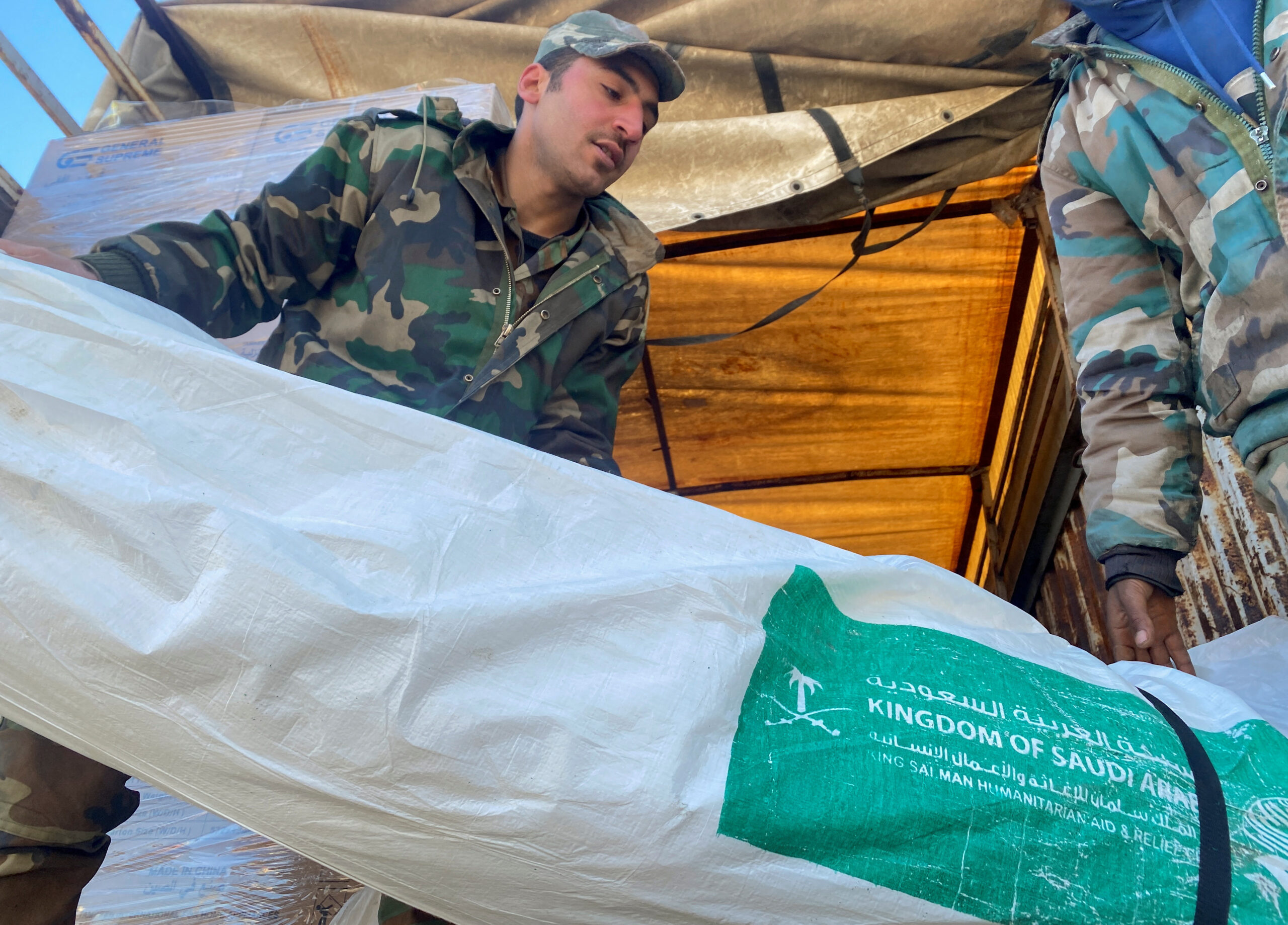
The massive earthquakes that struck Syria and Turkey in the early hours of February 6 have prompted a worldwide humanitarian response. While Turkey has been able to receive and distribute aid quickly, entrenched fault lines after a decade of conflict in northwestern Syria have inhibited the delivery of much-needed assistance there. Saudi Arabia was among the first to deliver aid to areas controlled by the government of Syrian President Bashar al-Assad as well as to regions outside Damascus’ control. The ongoing Saudi response in Syria highlights the kingdom’s changed approach to charitable organizations, a sector that has gone through extensive restructuring over the past few years.
Humanitarian assistance and charitable giving are core values in Saudi society and policy. The emphasis on giving and providing help to those in need, especially in Muslim countries, historically allowed a number of actors to collect donations and deliver aid inside and outside the kingdom. Such fundraising for disaster relief and support to war-torn countries was often facilitated outside the government’s supervision, while state organizations simultaneously provided humanitarian assistance around the world through their own channels.
The different donation platforms and the lack of a unified vision at times hampered Saudi Arabia’s efforts to make the most out of its contributions, including missing out on its soft-power potential. Furthermore, Saudi aid came under increasing international scrutiny, especially after the attacks of September 11, 2001. The attacks that struck the kingdom between 2003 and 2005, however, pushed Saudi Arabia to change its approach to aid, gearing it toward combating terrorism and making concerted effort to prevent terrorist financing. The kingdom took serious steps to regulate and monitor aid, and charitable organizations were put under closer scrutiny.
The move to centralize power in Saudi Arabia over recent years has also affected institutions involved in humanitarian assistance. The King Salman Humanitarian Aid and Relief Center was established in 2015 and has become the sole body responsible for providing aid worldwide. KSRelief replaced other well-established organizations that were central in providing aid for decades, such as the World Assembly of Muslim Youth and the Muslim World League’s International Islamic Relief Organization. Today, Saudi citizens are constantly reminded through official channels to only donate through KSRelief for external aid campaigns and warned of the consequences of providing aid through individuals or other organizations.
Following the news of the earthquakes in Turkey and Syria, KSRelief launched the national “Sahem” (contribute) campaign online to raise funds for the victims. The appeal raised more than $90 million within a week. The center also set up an air bridge to deliver continuous aid, with daily flights arriving in Adana. Saudi actor and ambassador for KSRelief Fayez Al-Malki joined the relief efforts to document and livestream developments on the ground. Videos of Saudi volunteers taking part in the effort were shared on social media to encourage participation. KSRelief’s online portal allows volunteers to join different programs inside and outside the kingdom. Saudi Vision 2030 emphasizes civic participation and volunteering in its objective aiming to incorporate youth into the country’s transformation.
The distribution of aid in Syria was a contentious issue even before the earthquakes due to a decade of conflict, international sanctions, and a politicized humanitarian situation. Until it relented in the wake of the massive earthquake damage, the Assad government had refused to allow any humanitarian assistance into rebel-held areas. KSRelief bypassed such regime deliberations by sending an early humanitarian convoy into a rebel-controlled part of northwestern Syria via the al-Hamam crossing, traveling directly from Turkey without transiting any Syrian-government-controlled territory. Malki streamed the daylong journey on Snapchat and TikTok, and Saudi journalists reported on the effort. Saudi assistance reaching areas outside government control was received positively by many Syrian journalists and activists on the ground who shared videos of KSRelief workers distributing aid and putting up tents. Truckloads of Saudi relief supplies arrived a day earlier into the Turkish-controlled Syrian area of Afrin, also in the northwest.
After successfully delivering aid over land to northwestern Syria, Saudi Arabia then began sending aid to government-controlled Aleppo, which was also hit hard by the earthquakes. Saudi planes with aid from KSRelief landed at the Aleppo airport February 14, marking the first such contact since 2012, when Saudi Arabia broke off diplomatic relations with Syria. Syrian media accounts also reported a Saudi plane loaded with relief supplies landed in Damascus. Foreign Minister Prince Faisal bin Farhan, during a February 13 press conference in Brussels, stressed the importance of delivering aid to “all earthquake-hit regions of Turkey and Syria.”
Other Gulf countries have been equally active in providing aid to Syria and Turkey since the earthquakes struck. Similar to Saudi Arabia, Qatar was also able to deliver aid early to northwestern Syria. Qatari Emir Tamim bin Hamad al-Thani was the first leader to travel to Turkey and meet with President Recep Tayyip Erdogan following the earthquakes, underscoring the close relationship between the two states. Meanwhile, the United Arab Emirates has delivered aid to the Syrian government, and Foreign Minister Abdullah bin Zayed al-Nahyan traveled to Damascus to meet with Assad, reflecting the UAE-Syrian rapprochement over recent years. Interestingly, Saudi Arabia has positioned itself in the middle of these Gulf efforts, acting in concert with the others in Turkey, where it has pursued its own rapprochement with Ankara, and distributing aid to regime-controlled areas of Syria (and other areas), while not restoring diplomatic ties or offering meetings to senior Syrian officials.
Humanitarian aid will continue to be an important and recognizable pillar of Gulf states’ foreign policy. This unconditioned Saudi approach on emergency humanitarian relief is in contrast to the new emphasis on conditionality for economic support and the shift toward investing in countries that need nonhumanitarian assistance, rather than giving direct grants and cash deposits. While the Gulf has pledged to provide aid and support to both Syria and Turkey, each state has done so differently, reflecting regional dynamics and geopolitics. Saudi Arabia’s moves have shown the kingdom’s new approach to aid put into practice, after years of restructuring the charity sector. Humanitarian efforts, which used to be driven – and publicized – by religious clerics, are now spearheaded by KSRelief, supported by Saudi celebrities and broadcast live on social media. The state’s new approach to humanitarian efforts is in line with the kingdom’s broad transformation agenda, highlighting the centralization of power and an emphasis on heavy involvement of the Saudi, particularly youth, population.
The views represented herein are the author's or speaker's own and do not necessarily reflect the views of AGSI, its staff, or its board of directors.
